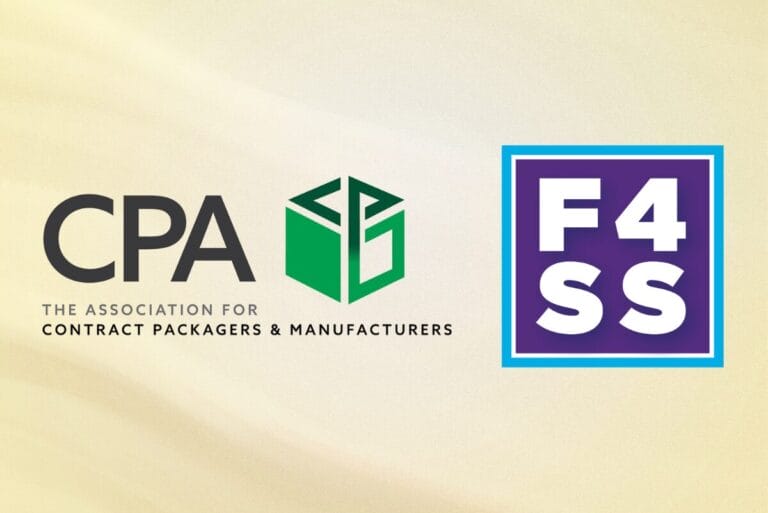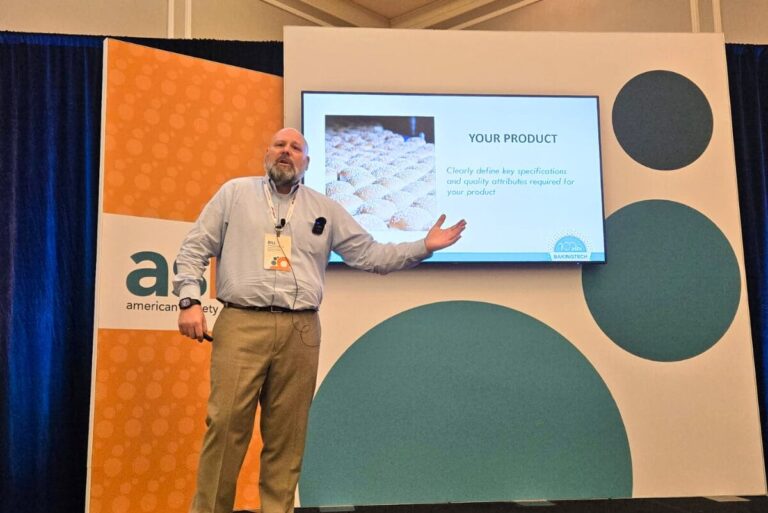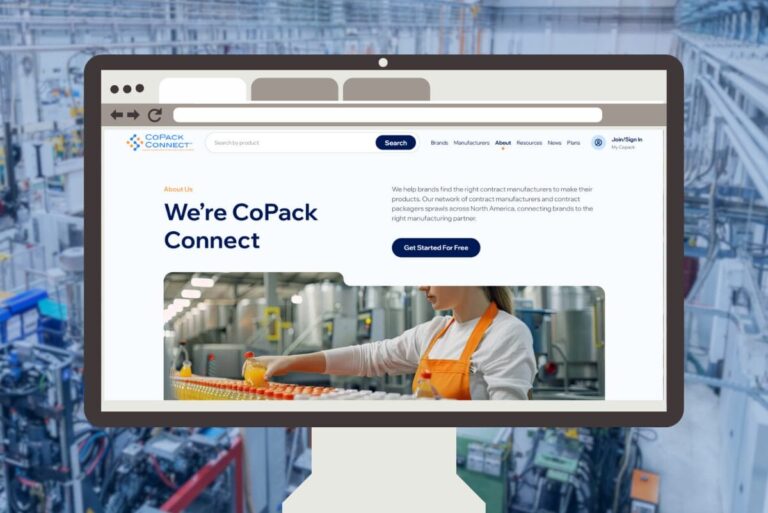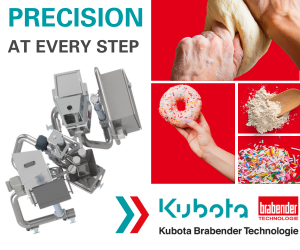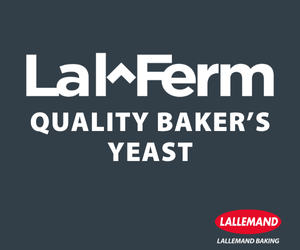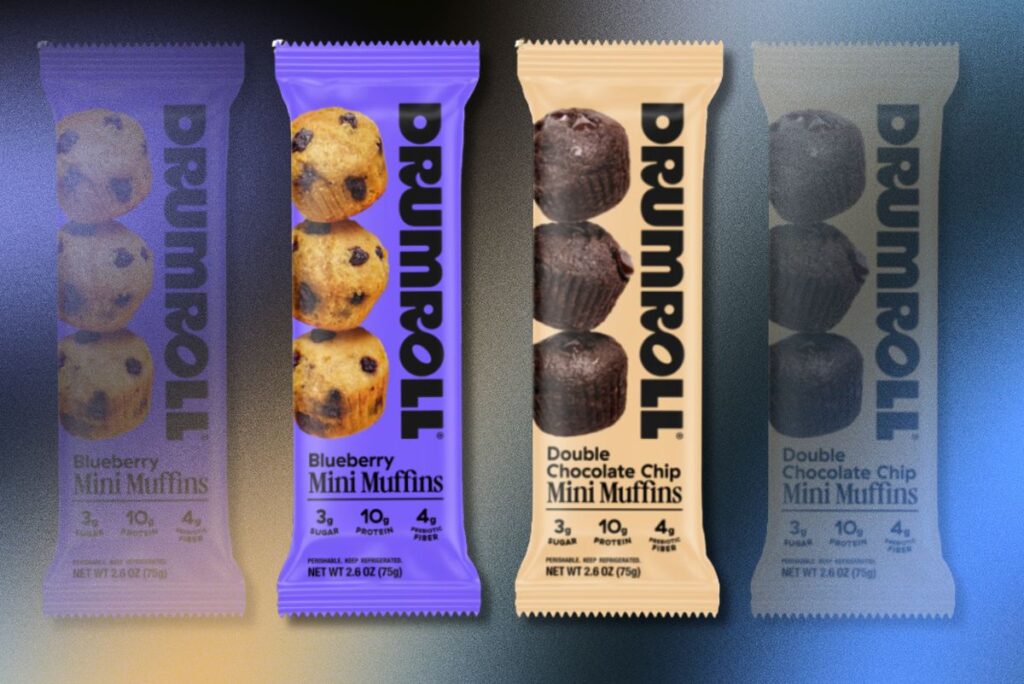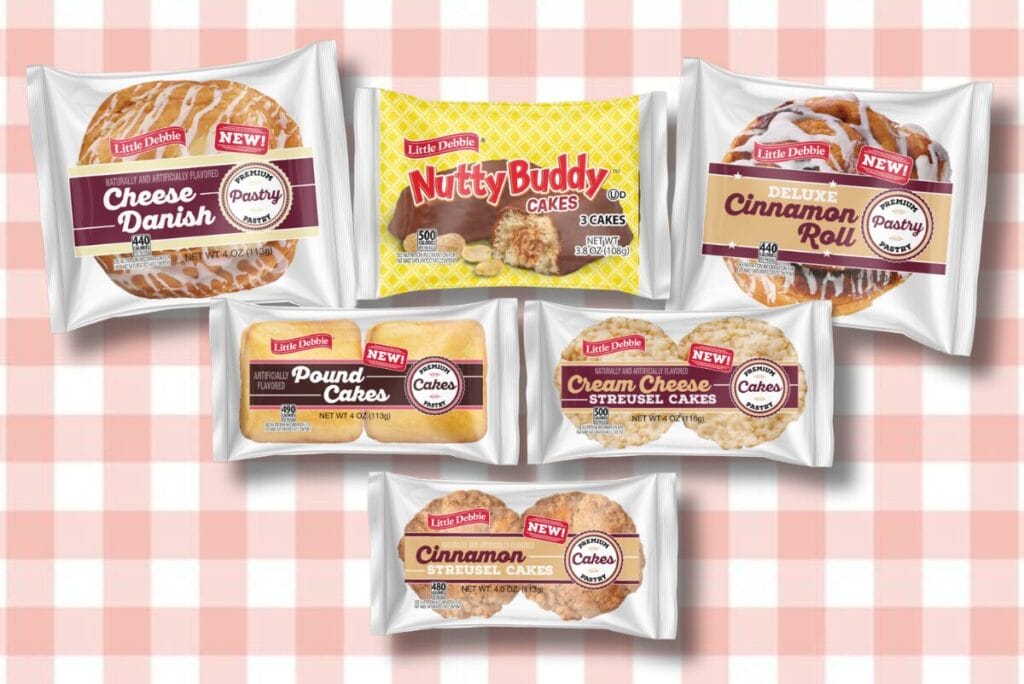KANSAS CITY, MO — In the world of commercial baking, contract manufacturing is among the most important relationships that exist. Whether it’s a matter of geographical distribution, speed-to-market or good old-fashioned capacity, companies are teaming up with contract manufacturers in ways that might not have been considered a decade or two ago.
“The need [for co-manufacturing] is higher than it’s ever been, and it’s growing at a pace faster than the industry it supports,” said Carl Melville, president and CEO of The Melville Group and founder of CoPack Connect. “There are near-term drivers such as inflation and the long-term growth of emerging brands, as well as the continued growth in outsourcing by legacy brands, all contributing to high levels of compound growth.”
Inflationary pressures and economic fears are driving more consumers toward private label products and the perception of their lower price points. According to the Private Label Manufacturers Association (PLMA), nearly one-fourth of US grocery products are private label or store brand items. This is well above the 17% peak that private labels saw in previous downturns, suggesting the tides are turning for this segment.


